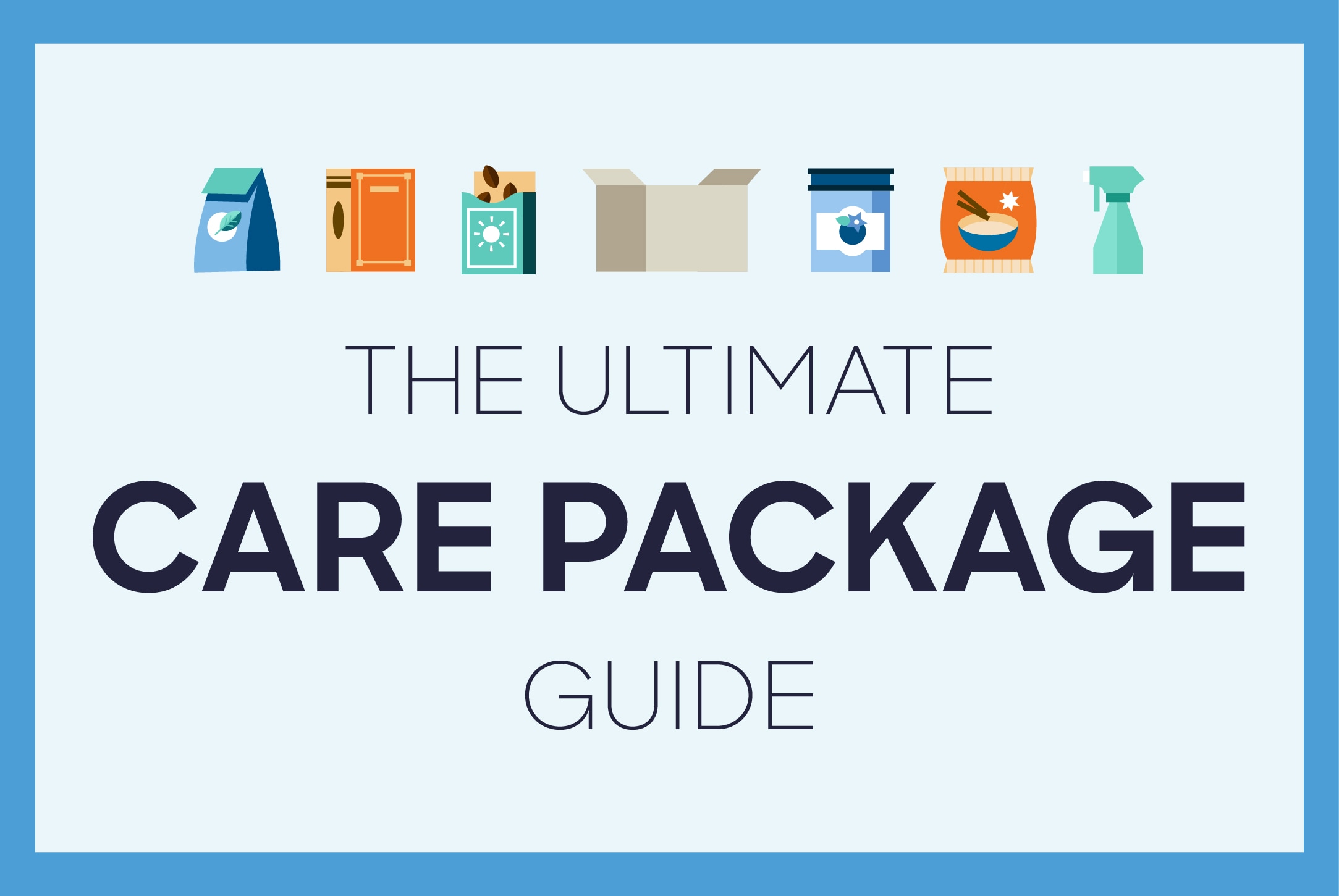Updated: Apr 08, 2022

Your child gets into college—maybe even their top choice — and you are thrilled. There's just one problem: You don't have enough saved up. You want to help pay for their education but can't cover the full bill. Of course you can encourage your child to apply for scholarships and grants to help offset the cost, or to look into less expensive schools. But if you’re determined to send your child to a school you can’t quite afford, you still have options.
Your child can take out a federal or private student loan
There are two types of student loans available: federal student loans administered by the US Department of Education and private student loans offered by financial institutions such as banks and credit unions.
For federal loans, your family will need to fill out the Free Application for Federal Student Aid (FAFSA®) to apply for financial aid. Federal student loans come with flexible repayment plans but there are limits to how much you can borrow. (Even if you’re pursuing private student loans, you should still fill out the FAFSA, since it is also required for many scholarships and grants.)
Private student loans can help cover costs not covered by savings, grants, scholarships and other financial aid. Unlike federal loans, private loans will require a credit check. Applying with a creditworthy cosigner may improve your child’s likelihood for loan approval and they may receive a lower interest rate. (Of course, if you cosign their loan, this means that you’ll be financially responsible for paying it back if your child fails to do so.)
Helping your student borrow responsibly
Student loans can be a good option for many families. In most cases, a student loan will be in the child's name, so it's important to talk with them about this responsibility. Look at the cost of tuition and the types of student loans available. Go over potential monthly payments and how that might fit into a post-college budget, and discuss how interest rates might impact the total cost of the loan. Our My College Plan tool can help you compare college costs as well as future earnings. Decide together what is the best financially for your family. In some cases, it might mean pursuing the loans. In others, it might mean choosing a less expensive school.
Parents paying for college can take out parent loans
Parents can also borrow money for their child's education. For example, parents can apply for a Direct PLUS loan, which allows them to take out a loan in their name to pay for their child's college. To apply, the student must submit the FAFSA and then the parent completes the application for a Parent PLUS loan according to the school's preferred process. Parent PLUS loan borrowers with an adverse credit history may need an endorser, who is someone who agrees to pay the loan back if they fail to do so.
You will be responsible for the payments throughout the life of the loan and your child is not legally responsible for any of it. Parent PLUS loans also have higher interest rates and fees than other types of federal student loans. So you might choose to help your child repay their loans rather than take out your own.
You could also take out a private parent loan. Many private loan lenders also offer loans to parents. Like other private loans, there may be both fixed and variable rate options available and many lenders may not charge an origination fee. If you’re interested in private student or parent loans, it makes sense to shop around to find the best fit for your family. Regardless of which option you choose, it is important to know who is responsible for repaying the loan, as well as understand the interest rates, fees and repayment plans. Before deciding, compare student loan options to find the best fit for you.
FAFSA® is a registered trademark of the US Department of Education and is not affiliated with Discover® Student Loans.
Look forward to a brighter future.
Enter to win a $5,000 scholarship for school.
*NO PURCHASE OR CREDIT CARD APPLICATION OR ACCOUNT NECESSARY. Sweepstakes open to residents of the 50 United States (DC) and the US Territories 18 years or older. Sweepstakes starts 9/3/2024 and ends 8/31/2025. See Official Rules for eligibility and entry requirements, entry deadlines and drawing dates, details including odds, list of eligible colleges and universities, prize descriptions and an alternate method of entry. Void where prohibited.
Sponsor: Discover Products Inc. 2500 Lake Cook Road, Riverwoods, IL 60015










